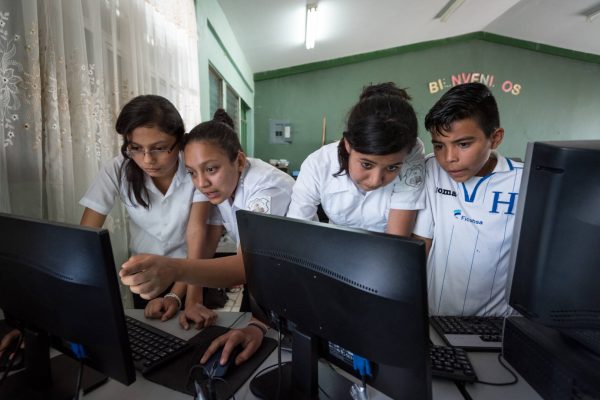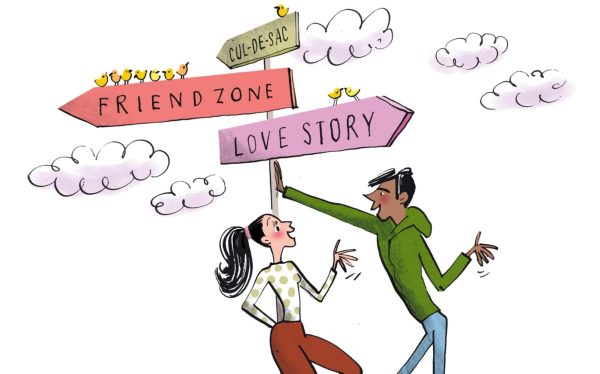ChatGPT
The program ChatGPT has taken the world by storm as of late.
Developed by OpenAI, ChatGPT is an artificial-intelligence-based chatbot with great capabilities to understand language and respond accordingly in an alarmingly human-like manner. Not only is it free, but it is also incredibly simple to use for what it can do, accomplishing a multitude of text-based tasks at a surprising specificity. From writing love song lyrics to historical essays, creating and debugging code to explaining quantum physics, its capabilities are remarkable.
Its skills are great enough to the point of even being able to pass law and business school exams. According to an article by CNN, “ChatGPT Passes Exams From Law and Business Schools”, the bot apparently, “passed law exams in four courses at the University of Minnesota and another exam at the University of Pennsylvania’s Wharton School of Business” in a blind experiment where the AI’s abilities were tested with both multiple choice and essay questions.
Some of its major limitations, according to the OpenAI website, include its tendencies to generate answers that sound plausible but contain inaccurate information, sensitivity to the phrasing of a question by the user, and outdated information or lack of knowledge of new events after 2021. Even with these limitations, AI is still extremely impressive, especially considering its accessibility, which is one of the major reasons for its current overwhelming success. All one needs to do is sign up for an account on the OpenAI website, making it probably the first AI technology of its level to be so accessible to the public.
When asked how Junior Wendy Jiang feels about the technology, she said, “Terrified and impressed[…] ChatGPT is wonderful. It’s one of the best inventions of technology, but because it is so good, I fear that humans are going to heavily rely on ChatGPT very quickly, no one will create original [works].”
This concern seems to be especially prominent in the field of education and it’s easy to see why. It poses a danger to academic integrity, especially as traditional plagiarism checkers cannot pick up on AI-written responses due to its ability to easily generate essays and complete writing assignments by simply typing in a prompt. The website has already been banned by many school districts, including Riverside Unified, but there is not much else schools can do to control its use. Inevitably, the field of education will be forced to respond to this new development and adapt.
Ms. Biernetzky, a literature teacher at North, says, “I think just as teachers, we’re going to have to be more creative with how we assign things and figure out how we can use them [AI text generators] to our advantage as well.” For example, it seems some teachers are using it as a tool in the classroom as a starting point in creating lesson plans and even providing feedback on papers. OpenAI themselves has released a tool to help detect AI writing. Turnitin.com, a site that many teachers here at North use to check student papers for plagiarism, is also processing a similar feature.
As technology advances, we should expect greater improvements and innovation with AI. Subsequently, the question of how society will adapt to and utilize such technologies grows more and more prevalent each day.











